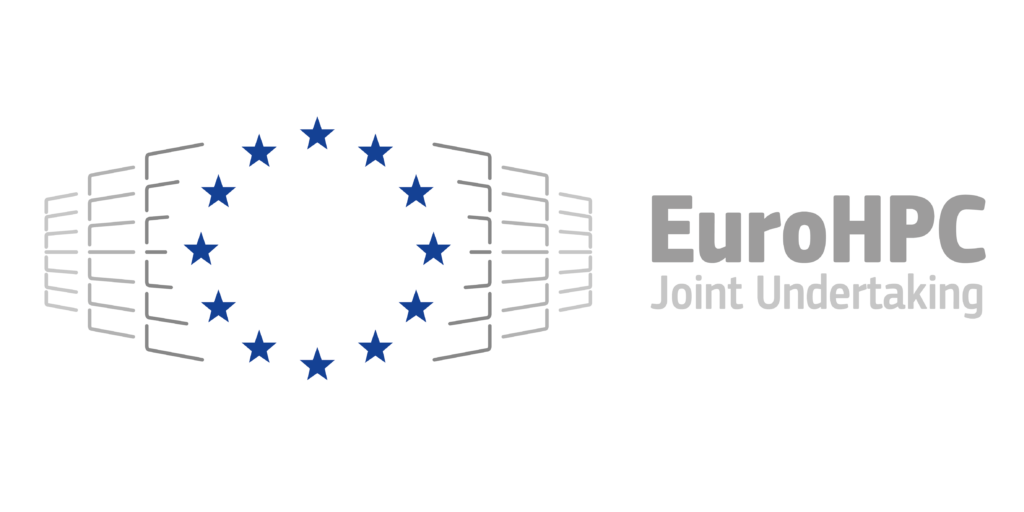The 2019 edition of the Summer School Enabling Technologies for Industrial Internet of Things (ET-I2oT 2019) was organized to offer 6 ECTS (48 hours of front lessons) in the fields of electronics, electromagnetics and ICT for Internet of Things (IoT), targeting an audience of Bachelor (last year), Master and PhD students, early stage researchers and practitioners from Academia or Industry. As a part of the lesson plan, Prof. Sergio Saponara gave a lesson entitled “Embedded High Performance Computing: the challenge of the H2020 European Processor Initiative”.
The ACACES Summer School was organized by the HiPEAC Network in collaboration with the TETRAMAX Innovation Action and Eurolab4HPC. ACACES 2019 is the fifteenth edition of the Summer School.
It was a one-week summer school for computer architects and tool builders working in the field of high-performance computer architecture and compilation for computing systems. The school aimed at the dissemination of advanced scientific knowledge and the promotion of international contacts among scientists from academia and industry. At the opening, EPI’s Mauro Olivieri held a keynote titled “The strategic touch between supercomputers and embedded systems in the roadmap towards exascale: the European Processor Initiative”.
The program of the conference is tailored to reflect the wide spectrum of topics and research interest shared among the organizing entities, prepared for a wide scientific public. EPI’s partners Kalray, represented by Benoît Dupont de Dinechin, held a presentation called “Kalray’s MPPA® Manycore Processor: At the Heart of Intelligent Systems”, where he also touched upon how MPPA fits into EPI.
At the SIA CESA 5.0, held in Versailles, France, on December 5-6, 2018, EPI’s general manager, Philippe Notton introduced EPI for the first time since the project officially started.
The Spanish Supercomputing Network (RES) organizes every year a users meeting to inform about RES resources and procedures. This event aims to be a discussion forum among RES users, technical staff, the access committee and the users’ committee. Barcelona Supercomputing Center Director, Mateo Valero, attended the event and updated the public about MareNostrum 5 supercomputer and EPI efforts.
EPI First tutorial called “First steps towards a made-in-Europe high-performance microprocessor” was held on July 17th, at the Universita Politècnica de Catalunya, co-located with the ACM 2019 Summer school on HPC architectures for AI and dedicated applications. Andrea Bartolini presented the introductory section, covering several aspects of the HPC processor landscape.
EPI First tutorial called “First steps towards a made-in-Europe high-performance microprocessor” was held on July 17th, at the Universita Politècnica de Catalunya, co-located with the ACM 2019 Summer school on HPC architectures for AI and dedicated applications. Jaume Abella presented the section about Automotive aspects.
EPI First tutorial called “First steps towards a made-in-Europe high-performance microprocessor” was held on July 17th, at the Universita Politècnica de Catalunya, co-located with the ACM 2019 Summer school on HPC architectures for AI and dedicated applications. Mauro Olivieri presented the section about Accelerator.
EPI First tutorial called “First steps towards a made-in-Europe high-performance microprocessor” was held on July 17th, at the Universita Politècnica de Catalunya, co-located with the ACM 2019 Summer school on HPC architectures for AI and dedicated applications. Jesus Labarta presented the section about Software.
EPI’s Luca Benini held a keynote at the RISC-V workshop in Zurich, touching upon EPI and its progress.

